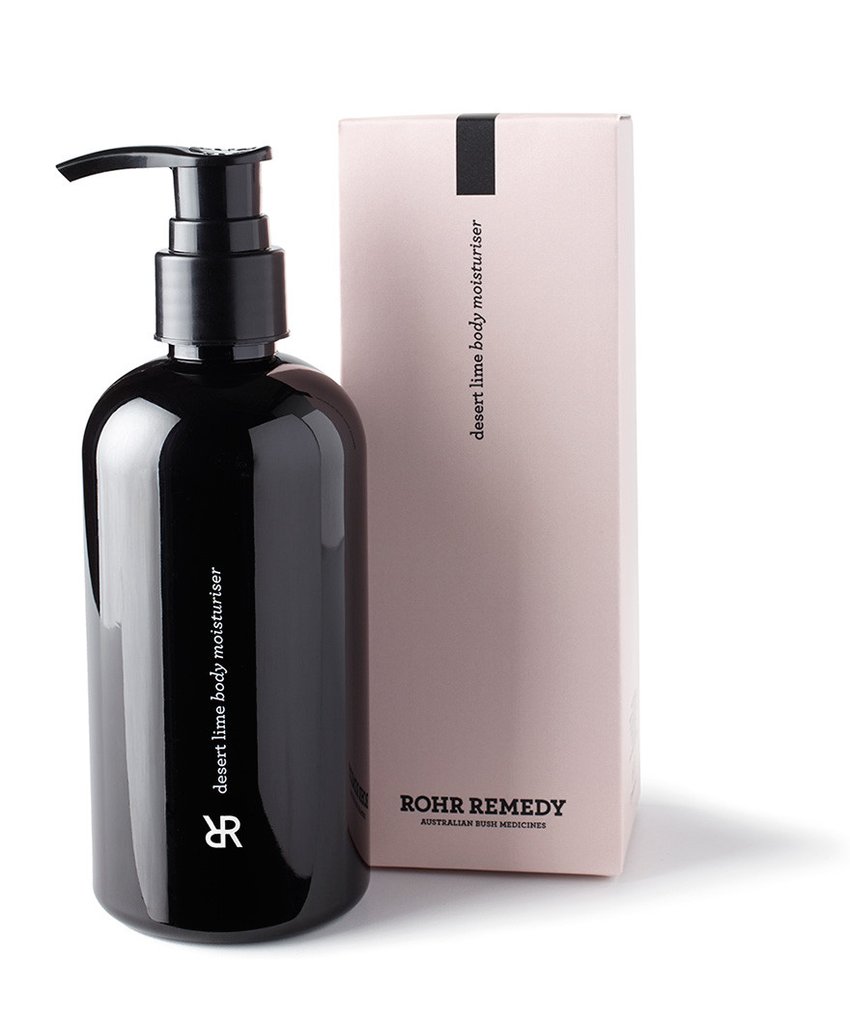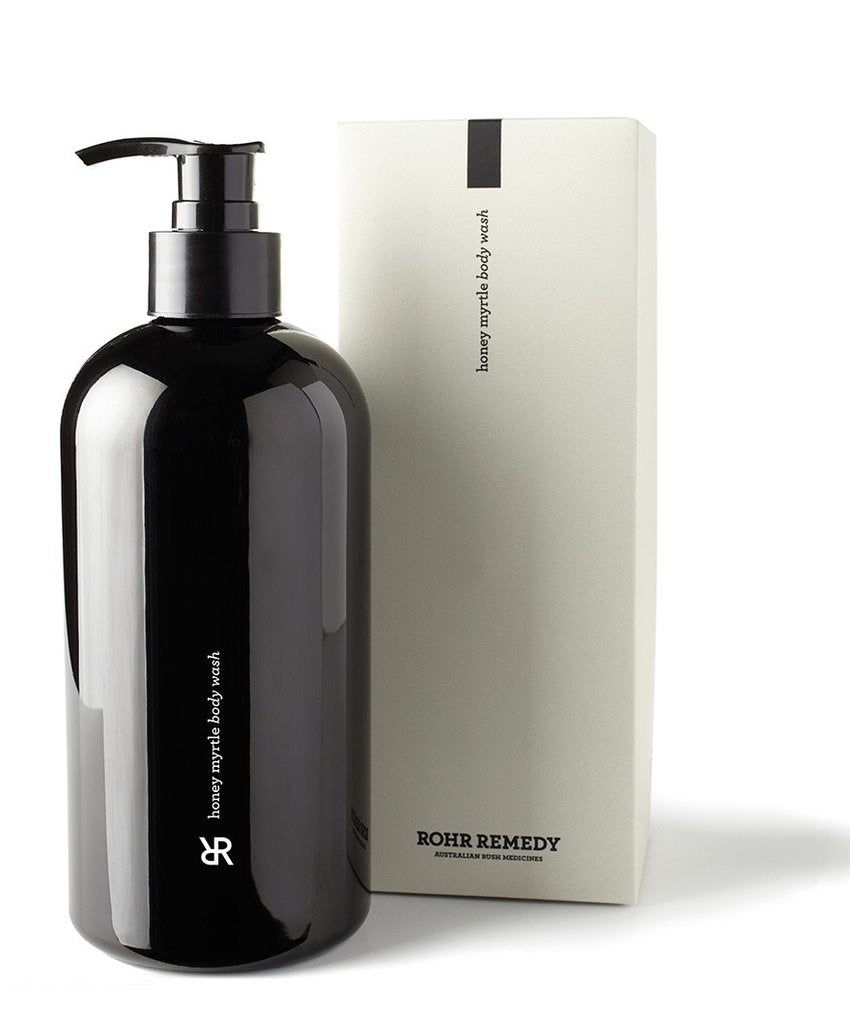Chemical vs. Physical Sunscreen | What's Best?
Summer's nearly over, and you've gone through bottles of sunscreen. That's because you know how important it is to wear sunscreen every single day. You know sunscreen prevents common signs of aging like wrinkles and dark spots. You also know that sunscreen helps prevent skin cancer. But you might not know the difference between chemical sunscreen and physical sunscreen.
What is chemical sunscreen?
Chemical sunscreen uses chemicals like oxybenzone, avobenzone, octisalate, octocrylene, homosalate and octinoxate to protect your skin from UV rays. Chemical sunscreens protect your skin by converting the UV rays in the sun to heat and then releasing the heat from your skin.
Cons of chemical sunscreen
Chemical sunscreens have been widely used, but recent studies have raised concerns about whether chemical sunscreens are safe to use. Specifically, oxybenzone and octinoxate have been called out as being quite harmful. In fact, the Hawaii legislature recently banned the sale of sunscreens containing oxybenzone and octinoxate because those chemicals may be partially to blame for coral reef bleaching.
In addition, the Environmental Working Group states that "Laboratory studies indicate that some chemical UV filters may mimic hormones, and physicians report sunscreen-related skin allergies, which raises important questions about unintended human health consequences from frequent sunscreen application."
Pros of chemical sunscreen
Despite the potentially dangerous side effects of using chemical sunscreens, some dermatologists still recommend chemical sunscreen because it's often thinner, easier to apply and last longer on the skin. All of these factors mean that chemical sunscreen may protect your skin from the sun better. Another benefit is that chemical sunscreen is often sheer, as opposed physical screen often being white.
In addition, chemical sunscreen tends to resist water better than physical sunscreen, making it last longer through sweating or swimming.
What is physical sunscreen?
As the name suggests, physical sunscreen forms a barrier between your skin and the sun by using titanium dioxide and/or zinc oxide. These minerals deflect UV rays away from the skin.
Cons of physical sunscreen
Since physical sunscreen really needs to coat the skin to be effective, it's not great for activities involving water (whether that's rain, sweat or swimming) because the sunscreen will likely come off. Physical sunscreen also tends to be thicker and white, which means it may not be too cute. However, physical sunscreens are constantly improving and we carry a fantastic sunscreen that blends completely into the skin with no white cast!
Pros of physical sunscreen
Physical sunscreen tends to be less irritating than chemical sunscreen, making it great for sensitive skin. Physical sunscreen also starts working the moment it's on your skin (ever notice how chemical sunscreens advise you to apply 30 min before sun exposure?). Plus, physical sunscreen is not pore-clogging, so it's great for acne prone skin as well.
And, perhaps most importantly, physical sunscreen isn't linked to the same health concerns as chemical sunscreen.
0 comments





